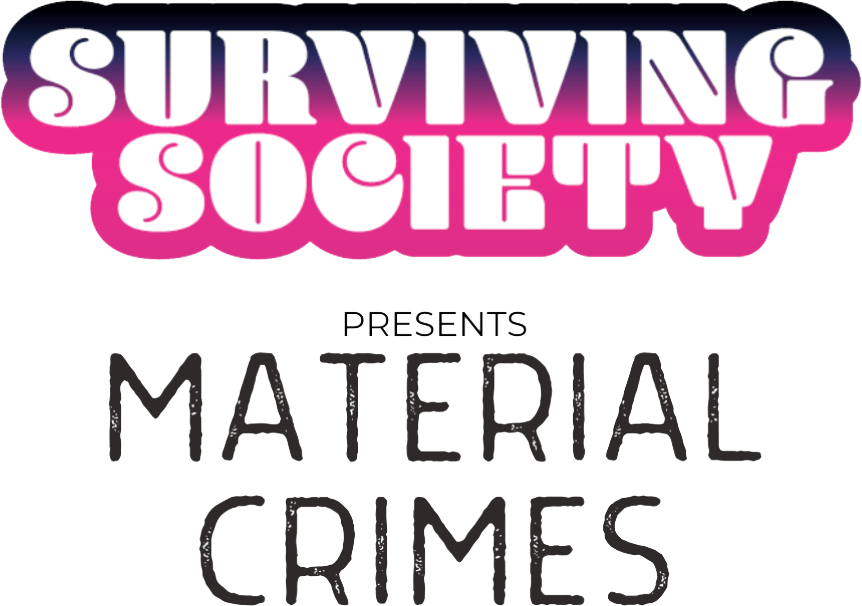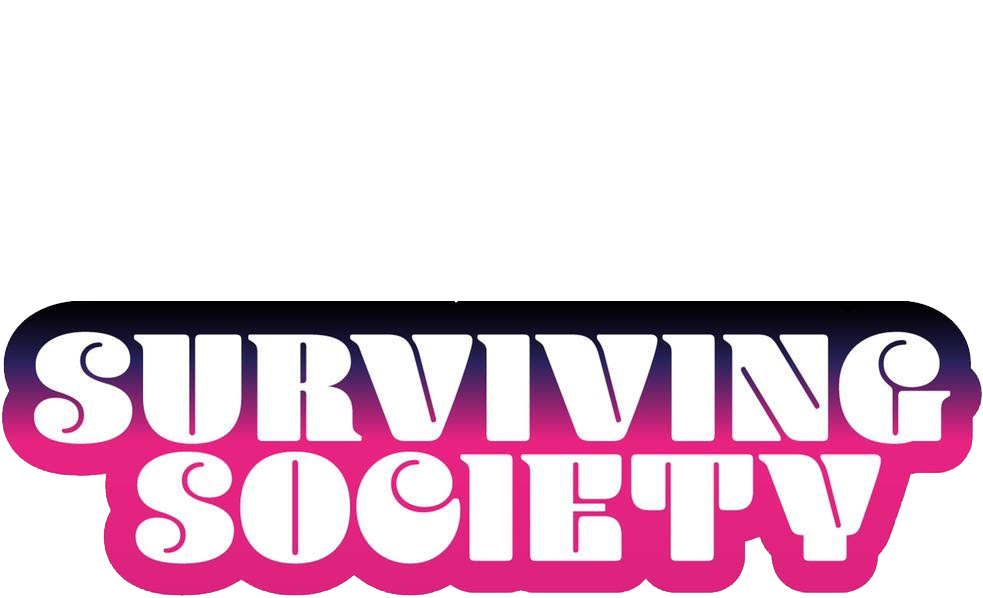Underwater

When a dam on the Tigris burst in 2018, waters rushed towards Amed, Turkey’s largest predominantly Kurdish city. In its aftermath, the Turkish state claimed there were no casualties. Speaking with environmental justice campaigners and farmers (Samed Uçaman, Doğan Hatun and Zeki Kanay), Eray Çaylı reveals how this claim was based on dodgy accounting. Delving into the depths of this case, he explores Turkey’s long history of using water as a tool of war and treating Kurdistan as a laboratory for resource extraction. But, as we’ll hear from conversations with Amed residents like Berivan Arslan, these riverbanks are also fertile sites of struggle against the tide of Turkish state violence.
Useful Links
Coordination Council of Amed-based Professional Organizations:
@Amedikk
A short documentary on the "commune field" mentioned in the episode:
Youtube
Amed Ecology Association:
@Ekolojidernek
@Amedikk
A short documentary on the "commune field" mentioned in the episode:
Youtube
Amed Ecology Association:
@Ekolojidernek
Further Reading
Zeynep S. Akıncı, Arda Bilgen, Antònia Casellas, & Joost Jongerden. “Development Through Design: Knowledge, Power, and Absences in the Making of Southeastern Turkey,” Geoforum 114 (2020), pp. 181–188.
Eray Çaylı. “The Aesthetics of Extractivism: Violence, Ecology, and Sensibility in Turkey’s Kurdistan,” Antipode 53:5 (2021), pp. 1377–1399.
Eray Çaylı. “Contemporary art and the geopolitics of extractivism in Turkey's Kurdistan,” Transactions of the Institute of British Geographers 46:4 (2021), pp. 929–943.
Anıl Olcan & Zozan Pehlivan. “Wildfires in Mount Cudi and the Ecological, Ideological, Political, and Historical Dimensions of Forest Fires: Turkey's Destruction of the Kurdish Environment,” Jadaliyya, 30 September 2020 https://www.jadaliyya.com/Details/41791/Turkey’s-destruction-of-the-Kurdish-Environment-WILDFIRES-IN-MOUNT-CUDI-AND-THE-ECOLOGICAL,-IDEOLOGICAL,-POLITICAL-AND-HISTORICAL-DIMENSIONS-OF-FOREST-FIRES
Eray Çaylı. “The Aesthetics of Extractivism: Violence, Ecology, and Sensibility in Turkey’s Kurdistan,” Antipode 53:5 (2021), pp. 1377–1399.
Eray Çaylı. “Contemporary art and the geopolitics of extractivism in Turkey's Kurdistan,” Transactions of the Institute of British Geographers 46:4 (2021), pp. 929–943.
Anıl Olcan & Zozan Pehlivan. “Wildfires in Mount Cudi and the Ecological, Ideological, Political, and Historical Dimensions of Forest Fires: Turkey's Destruction of the Kurdish Environment,” Jadaliyya, 30 September 2020 https://www.jadaliyya.com/Details/41791/Turkey’s-destruction-of-the-Kurdish-Environment-WILDFIRES-IN-MOUNT-CUDI-AND-THE-ECOLOGICAL,-IDEOLOGICAL,-POLITICAL-AND-HISTORICAL-DIMENSIONS-OF-FOREST-FIRES

Eray Çaylı is a researcher and teacher of spatial politics and culture in Istanbul, London, Hamburg, and Amed. He regularly collaborates with Amed-based independent organisations such as the Architects' Chamber and the artist-run space Loading. His books include Victims of Commemoration: The Architecture and Violence of Confronting the Past (2022), Architectures of Emergency in Turkey: Heritage, Displacement, Catastrophe (2021), and Climate Aesthetics: Essays on Anthropocene Art and Architecture (2020).
Voiceovers: Maia Holtermann Entwistle
Voiceovers: Maia Holtermann Entwistle

